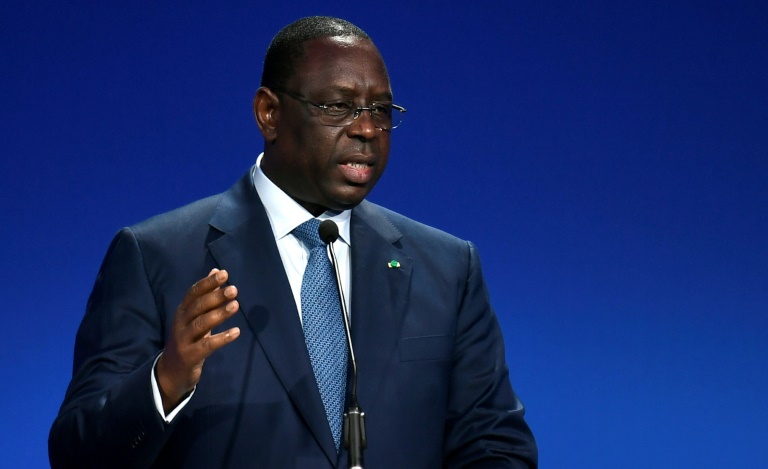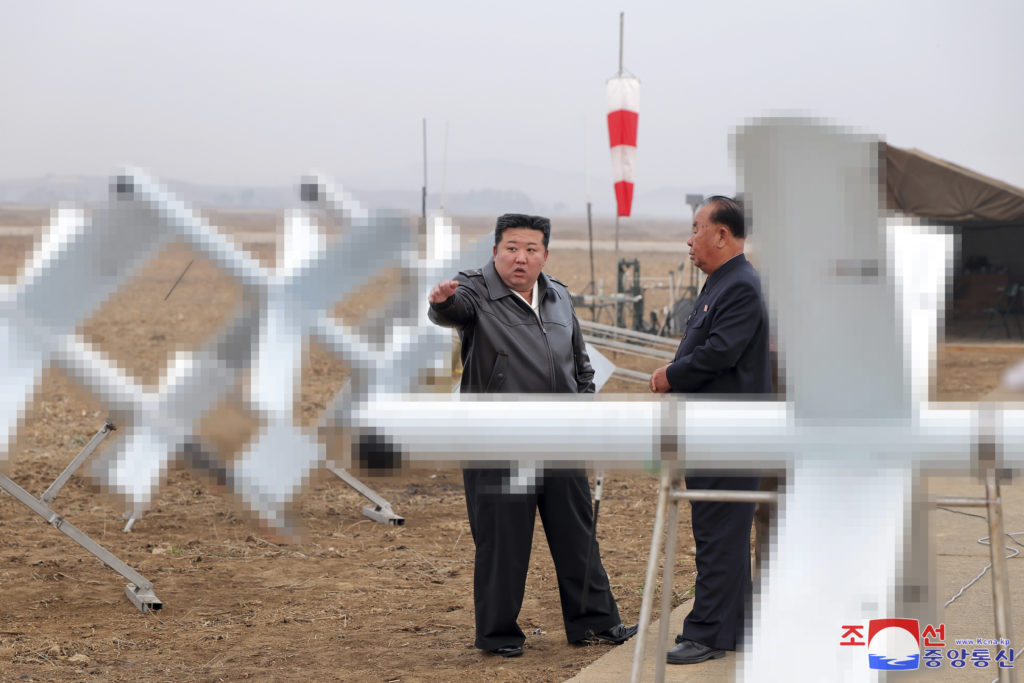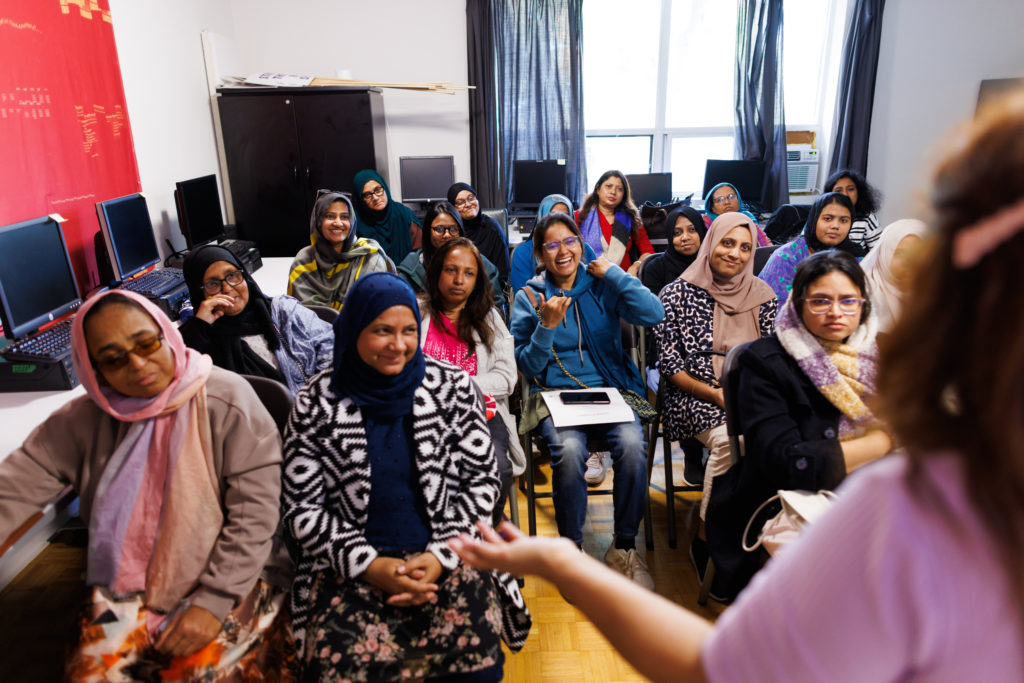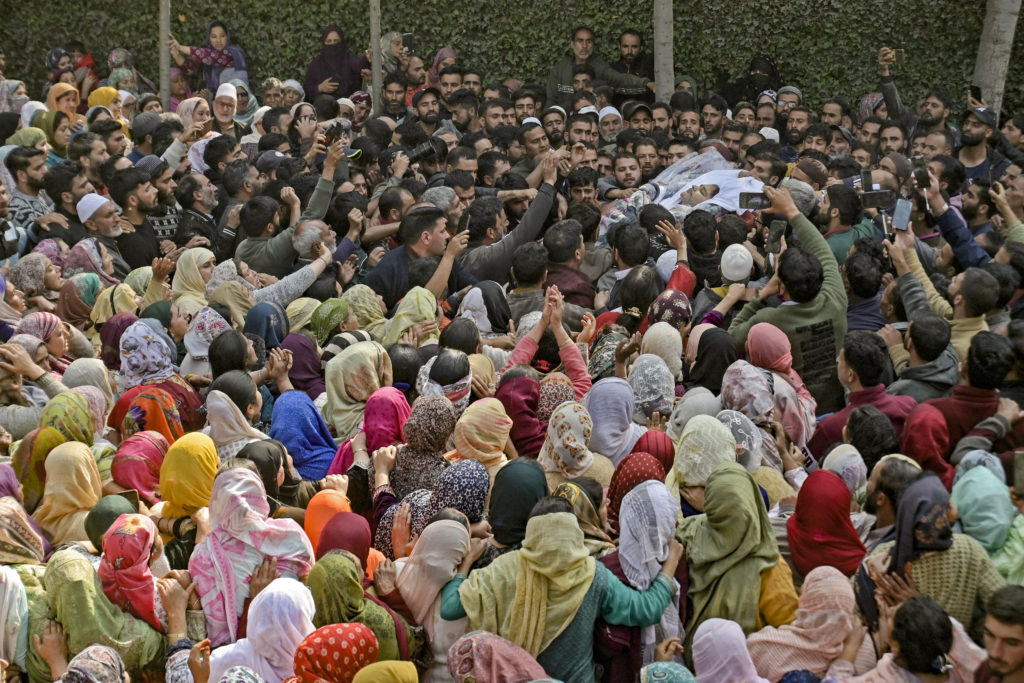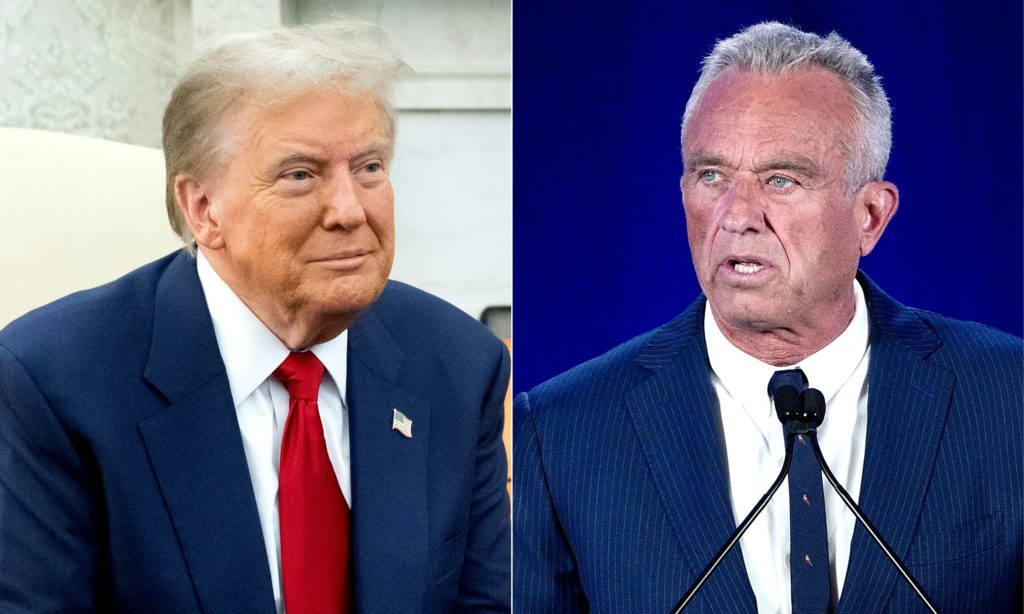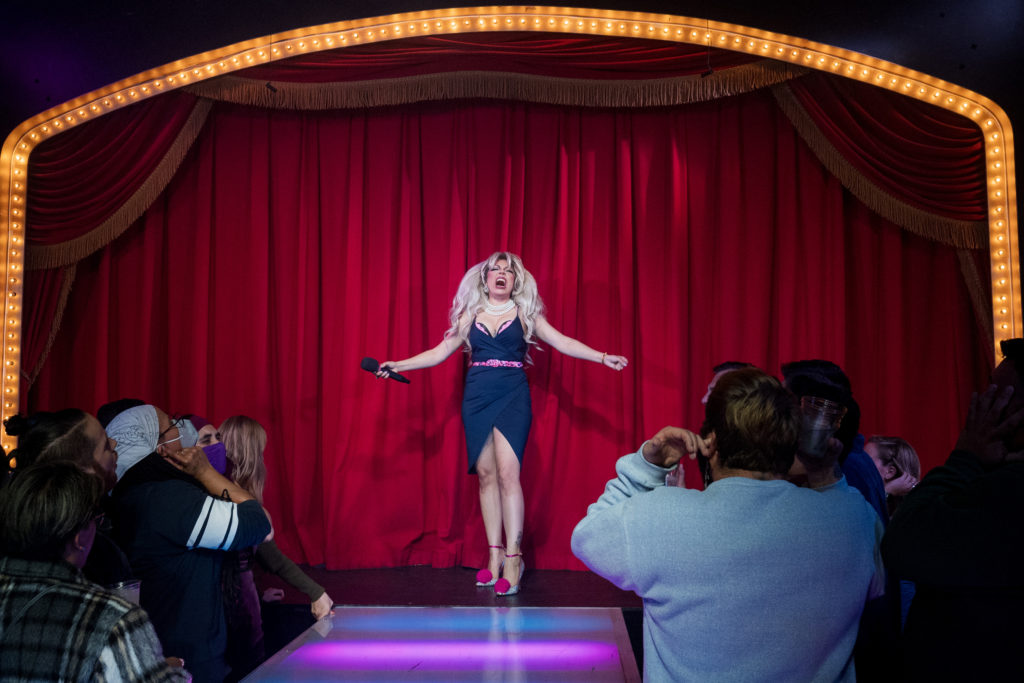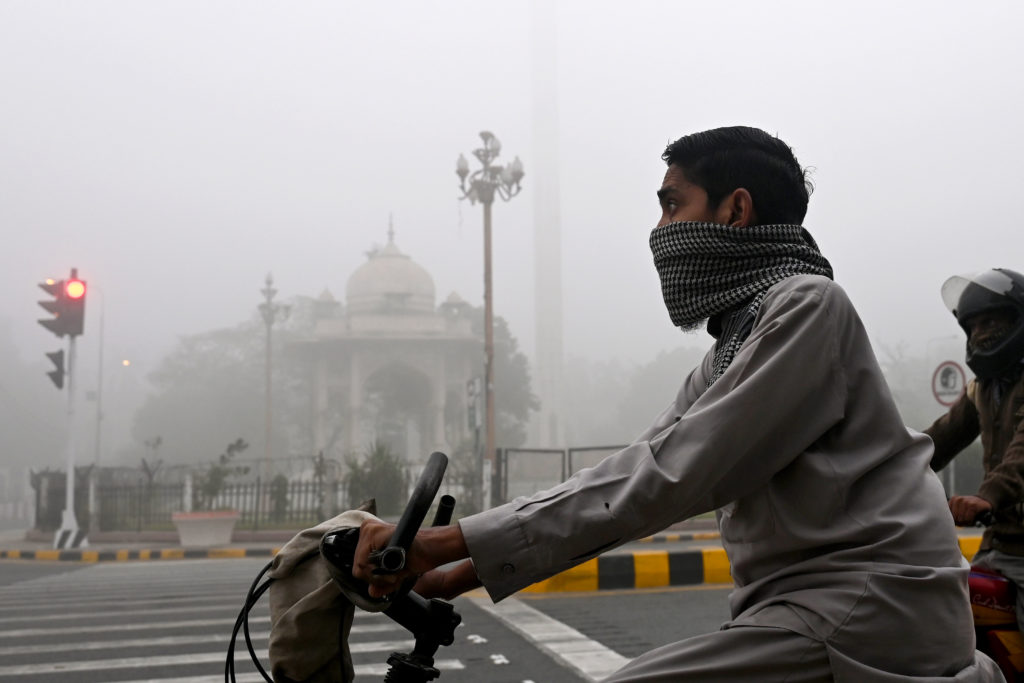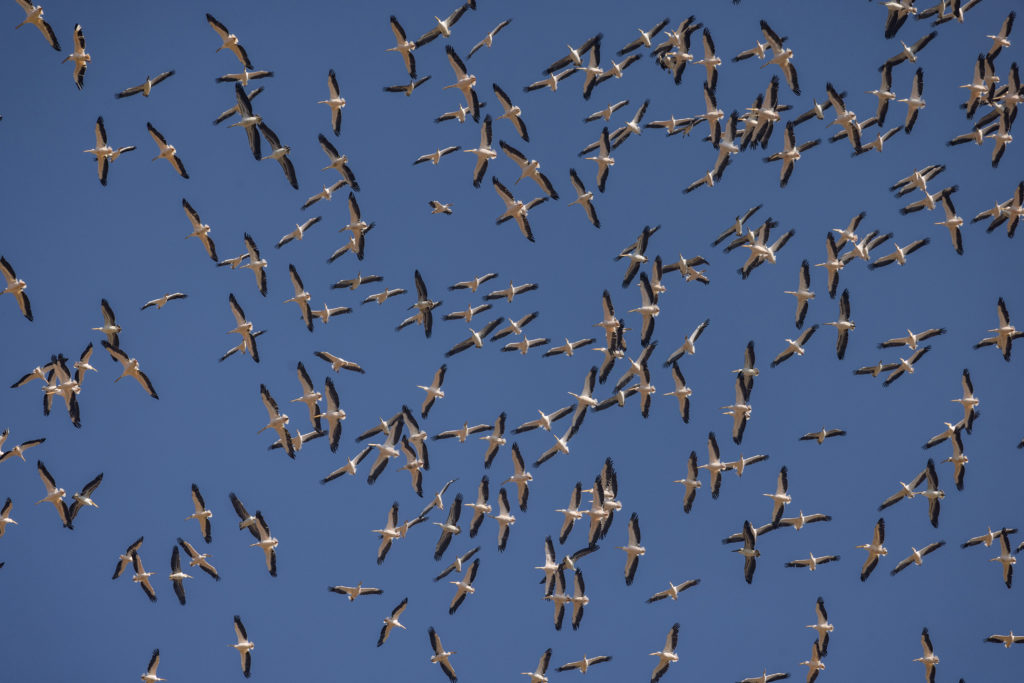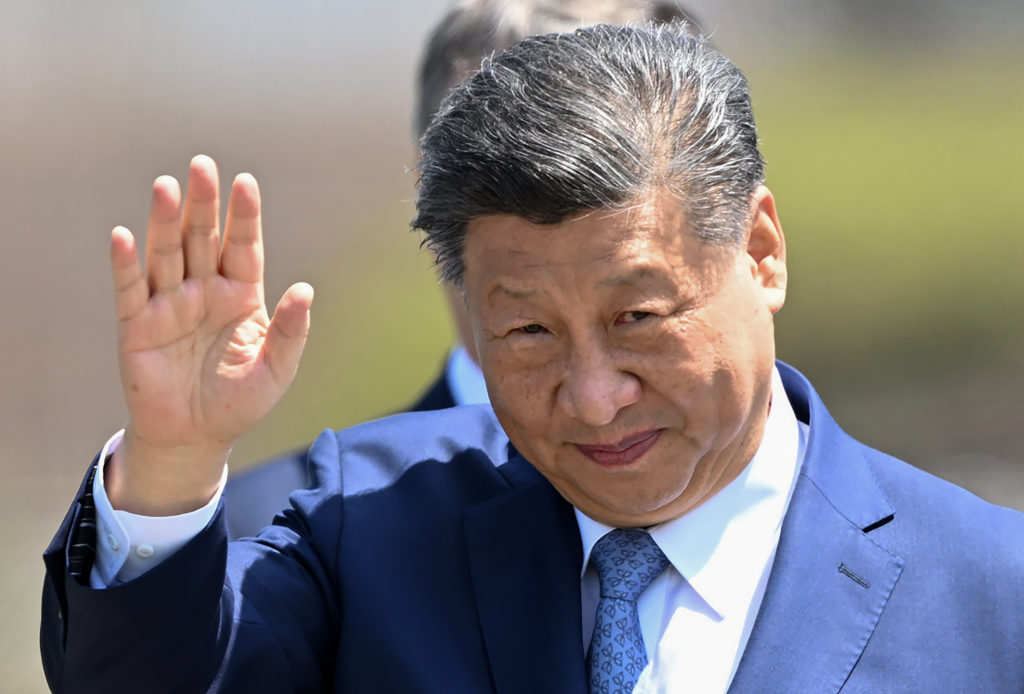Western demands for solidarity with Ukraine downplay Africa's own security problems, says Senegal's Macky Sall
Russia’s invasion of Ukraine has dug a rift between African countries and supporters in the West who are urging the continent to show solidarity with Europe.
The problems were on uncomfortable display this week at the Dakar International Forum on Peace and Security, where the conflict was a major theme.
Russia’s invasion is “an existential threat to the stability and integrity of our continent”, French minister of state Chrysoula Zacharopoulou told the conference.
“That’s why we expect solidarity from Africa,” she said.
She pinned the blame on the Kremlin for soaring energy and food costs that have buffeted the world economy but hit African countries most of all.
“Russia is solely responsible for this economic, energy and food crisis,” she said.
Senegal’s President Macky Sall, who is also current head of the African Union, said Africa was “not against Ukraine,” and Africans were not “insensitive to the situation” there.
But, like others at the conference, he said that many Africans felt that their own problems, such as security, the economy or health, were being ignored.
“Africans say that even while Ukraine is at war, is being invaded, is being attacked, Africa is under permanent attack from terrorism,” Sall said.
“This is 2022, this is no longer the colonial period… so countries, even if they are poor, have equal dignity. Their problems have to be handled with respect.”
– ‘Western patronising’ –
Former Nigerien president, Mahamadou Issoufou, said it was disheartening to see so much support for the Ukrainian army, when the Sahel region from which he hails was scrambling to find funds to battle jihadists.
“It’s shocking for Africans to see the billions that have rained down on Ukraine while attention has been diverted from the situation in the Sahel,” he said.
In contrast, he added, the G5 anti-jihadist force originally supposed to bring together troops from Burkina Faso, Mauritania, Niger, Chad and Mali had found it much harder to drum up $400 million.
Malian Foreign Minister Abdoulaye Diop, who said his junta-ruled country this year left the G5 over it coming under too much “French pressure”, also saw a disparity.
“For Ukraine, where they have asked Africa to take a stand, in just a few days they raised more than eight billion (dollars),” he said.
“It’s a policy of double standards. All human lives — black, white, red and yellow — are equal.”
Conference host Senegal, which has close ties with Western countries, caused a stir on March 2 by abstaining, like many other African states, from a UN General Assembly vote on a resolution demanding Russia stop using force against Ukraine.
Foreign Minister Aissata Tall Sall this week told TV5 Monde the move had reflected the need to “seek a common African position” at a time when her country had just taken over the chair of the AU.
Nearly half of African countries either abstained or did not vote in a UN resolution on October 13 on whether to condemning Russian annexation of more Ukrainian territory.
Aude Darnal, a non-resident fellow at the Stimson Center, a US think tank on international security, said Africa had been seeking new partners in recent years.
“African states have sought to diversify their partnerships with other smaller and emerging powers, like India and Turkey” — both at the forum — “and great powers like China and Russia, all posing as equal partners,” she said.
“There has also been growing fatigue towards a sense of Western patronising,” she added.
African states were seeking “to protect and advance their interests and partnerships with all sides”.
– ‘Self-centred’? –
But Niagale Bagayoko, the president of the African Security Sector Network (ASSN), dismissed the argument that the world had abandoned Africa as “very difficult to accept”.
“Africa is at the heart of the international agenda,” she said.
“If we really look at the budget for peacekeeping operations, external interventions, then apart from the Middle East, Africa over the past 10 years is the region that has received the most interventions, including sporadic interventions from the Americans.”
She said she feared that recent reactions of African politicians “give the impression that Africans’ only concern with a conflict that is having consequences on the whole world is its repercussions on their own security.”
“It reminds me of Europeans who believe that the only point in being concerned by the conflict in the Sahel, for example, is to protect the (European) continent from migration.”
The risk, she said, is that Western countries too could respond “in the same self-centred manner” when the next international call comes for investment to help Africa.

